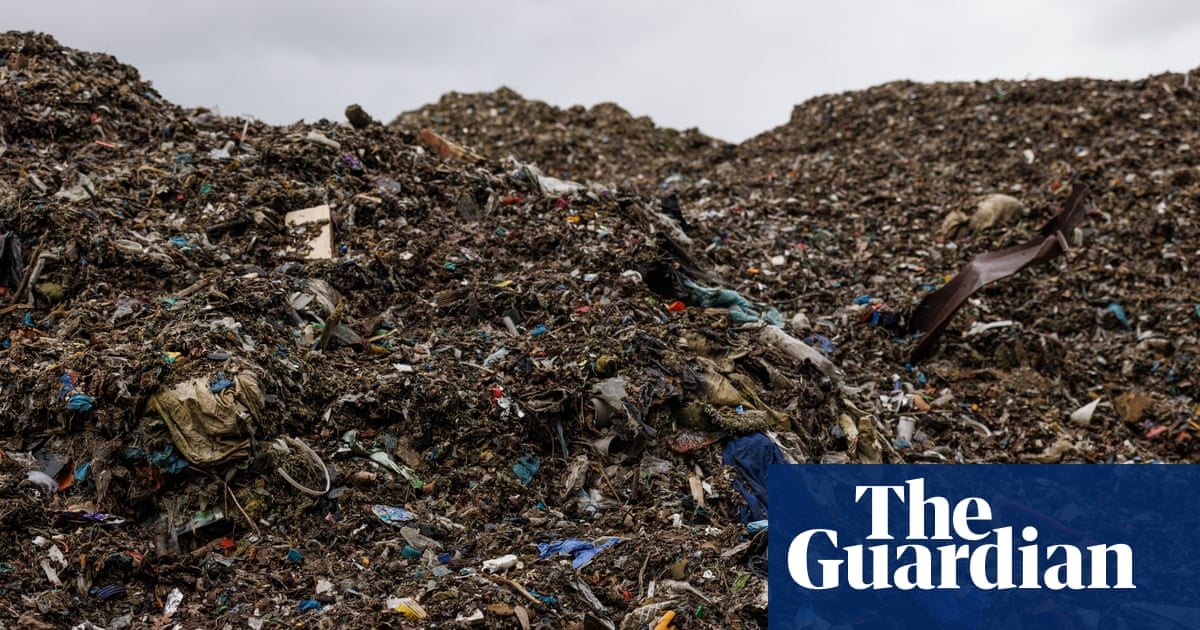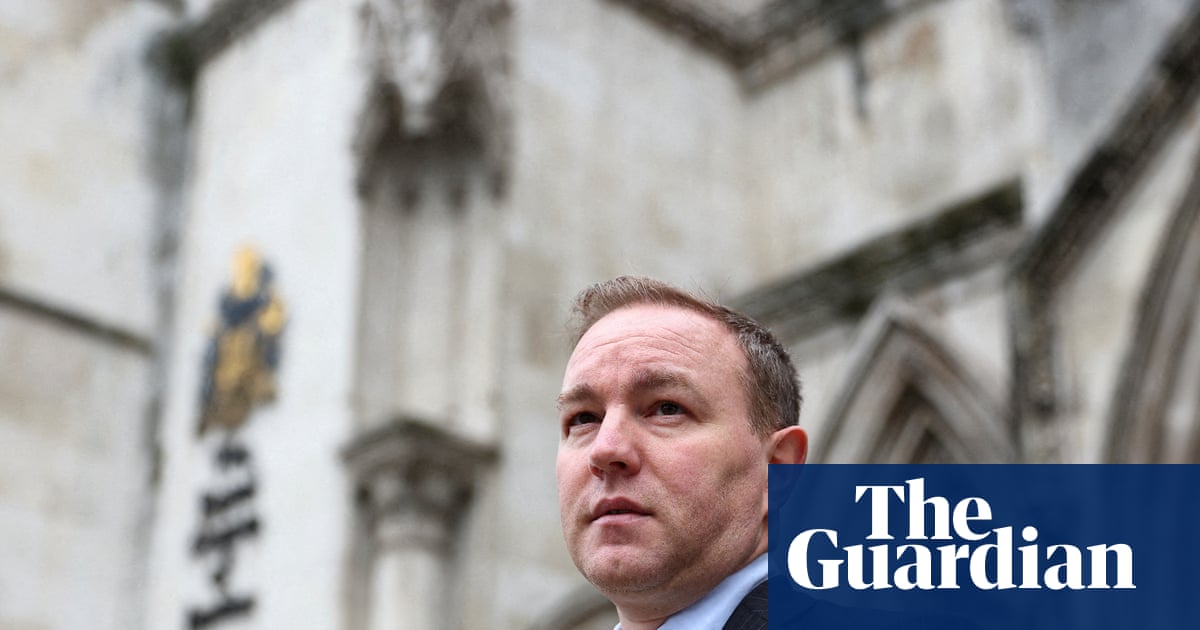Record-breaking extreme weather is the new norm in the UK, scientists have said, showing that the country is firmly in the grip of the climate crisis.
The hottest days people endure have dramatically increased in frequency and severity, and periods of intense rain have also ramped up, data from hundreds of weather stations shows. Heatwaves and floods leading to deaths and costly damage are of “profound concern” for health, infrastructure and the functioning of society, the scientists said.
The weather records clearly show the UK’s climate is different now compared with just a few decades ago, the scientists said, as a result of the carbon pollution emitted by burning fossil fuels.
The analysis found that the number of days with temperatures 5C above the average for 1961-1990 had doubled in the last 10 years. For days 8C above average, the number has trebled and for 10C above average it has quadrupled. The UK has also become 8% sunnier in the last decade.
The assessment also reported that rain had become more intense. The number of months where counties receive at least double the average rainfall has risen by 50% in the last 20 years. Much of the additional rain is falling in the months from October to March. That period in 2023-24 was the wettest ever, in records that span back to 1767, and resulted in flooding in Derbyshire, Nottinghamshire, the West Midlands and elsewhere.
The sea level around the UK is rising faster than the global average, the report said, which worsens the impact of coastal flooding.
Six hundred people are believed to have died due to the heatwave that hit England and Wales at the end of June. The soaring temperatures were made 100 times more likely by global heating, the scientists calculated. Two more heatwaves have followed in quick succession.
The government’s preparations to protect people from the escalating impacts of the climate crisis were condemned as “inadequate, piecemeal and disjointed” by official advisers in April.
Mike Kendon at the Met Office, who led the analysis, said: “Breaking records frequently and seeing these extremes, this is now the norm. We might not notice the change from one year to the next, but if we look back 10 years, or 30 years, we can see some really big changes. We’re moving outside the envelope of what we’ve known in the past.”
“The extremes have the greatest impact for our society, if we think about our infrastructure, our public health, and how we function,” he said. “So this is really of profound concern.”
The assessment, called the State of the UK Climate 2024 and published in the International Journal of Climatology, found the last three years were in the UK’s top five hottest years on record. The warmest spring on record was seen in 2024 although this has already been surpassed in 2025.
The UK has particularly long meteorological records and the Central England Temperature series is the longest instrumental record in the world. It shows that recent temperatures have far exceeded any in at least 300 years. However, today’s high temperatures are likely to be average by 2050, and cool by 2100, the scientists said.
Sea level around the UK has already risen by 19cm over the last century, as glaciers and ice sheets melt and the oceans absorb heat and expand. The rise is accelerating and is higher around the UK than globally, although scientists are yet to work out why. It could rise by up to 200cm by the end of the century, said Dr Svetlana Jevrejeva, at the National Oceanography Centre.
Storm winds can push seawater surges on to coasts and are most dangerous when they coincide with the highest tides. “The extra sea level rise [due to global heating] is leading to an increase in the frequency of extreme sea levels and an intensification of coastal hazards,” said Jevrejeva. “It is only a matter of time until the UK is next in the path of a major storm surge event.”
While heat records are increasingly being broken, cold weather events are becoming less common. For example, days with air frosts have fallen by 14 per year in the last decade, compared with the 1931-1990 average.
The UK’s changed climate has also affected nature, the report said. The earliest ever frogspawn and blackbird nesting was seen in 2024, in records that began in 1999. All but one of the 13 natural events monitored were earlier than average in 2024, from the first lesser celandine flower to the first elder leaves. The changes mean species that depend on others, such as for food or pollination, risk getting out of sync, said Dr Judith Garforth at the Woodland Trust.
Prof Liz Bentley, at the Royal Meteorological Society, said the report showed the urgent need to make the UK resilient to climate-fuelled extreme weather: “This report is not just a record of change, but a call to action.”

 3 months ago
46
3 months ago
46

















































